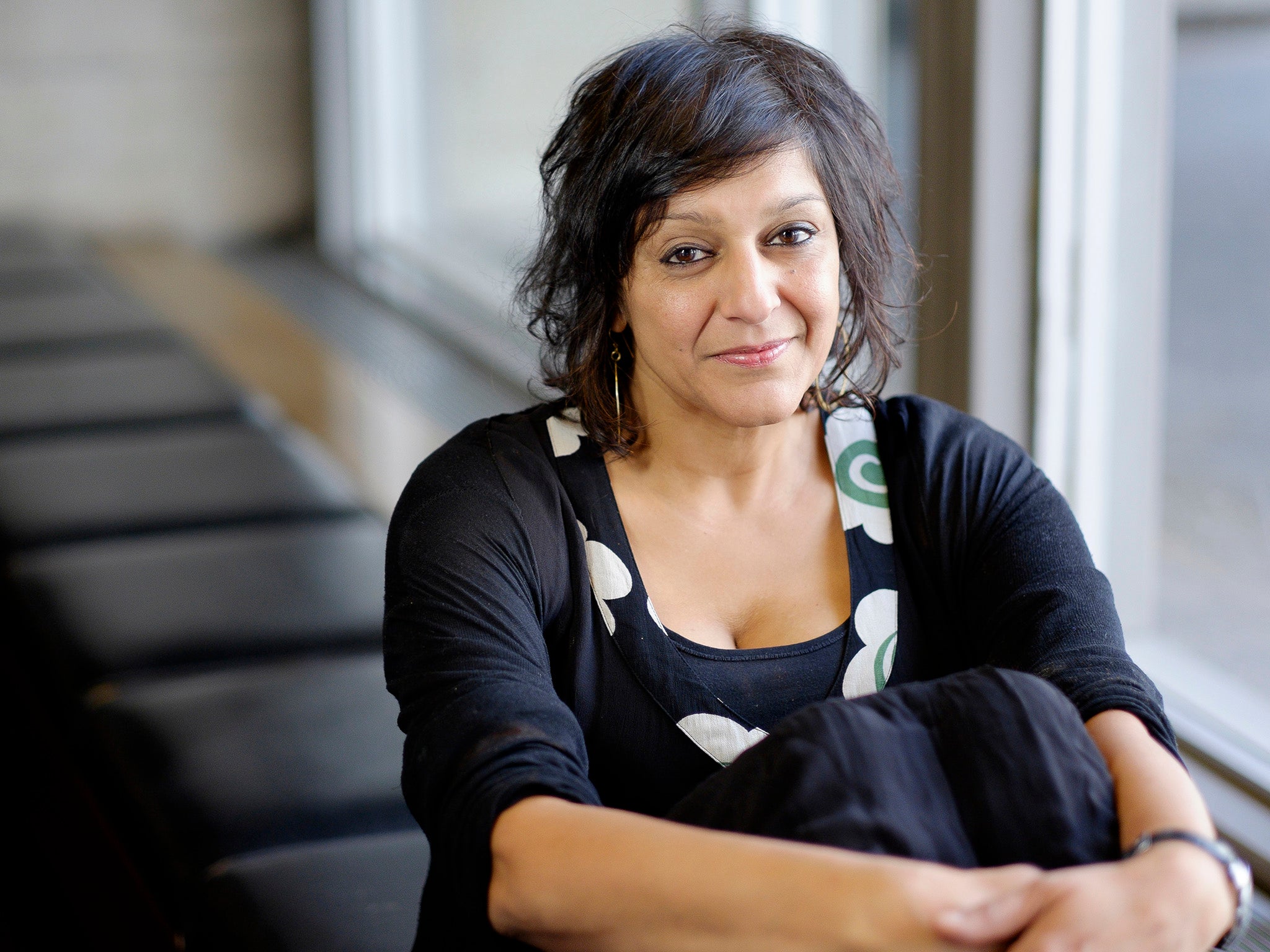We have to worry about the lack of ethnic minorities in theatre audiences
But Meera Syal's solution will only make things worse


At last, one of the great cultural issues of our time is being aired. It is the baffling puzzle as to why our theatre audiences are overwhelmingly white.
The Arts Council chairman Peter Bazalgette started the ball rolling with a major speech this week, saying that in future arts companies could lose their funding if they did not show they were addressing the issue of diversity in their audiences. The actress Meera Syal, currently starring at the National Theatre, had already made her contribution, telling The Stage: “Obviously, [Asian audiences] are extra supportive and extra excited when they see stories that reflect their experiences.” Then, rather less predictably, the veteran stage star Janet Suzman really put the cat among the pigeons, saying that theatre was “a white invention”, “in white people’s DNA” and black and Asian people did not see it as for them as “it is not in their culture.”
Meera Syal didn’t like this approach and said so. Certainly, Dame Janet goes too far in calling theatre a white invention, ignoring other traditions. But it does remain bewildering that for all the many initiatives by theatres over many years, the ethnic make-up of audiences has hardly altered at all.
I’m not sure I have an answer as to how to attract more diverse audiences. But I do know what I am particularly wary of, and it is Ms Syal’s call for stories that reflect a certain audience’s experiences. This, dressed up in better language, is a call for the most dreaded word in cultural discourse — relevance. I am allergic to this word and to this concept in the arts. For a start, even theatre that one might consider relevant to and reflective of the experience of certain races — the racial persecution of The Scottsboro Boys, for example - still attracts overwhelmingly white audiences. But, more importantly, the very concept of relevance diminishes true art.
Great drama is by its very nature relevant, and by its nature it reflects all our experiences, because it explores universal issues. King Lear is surely relevant to every ethnic demographic, because the problems of aged parents, self-delusion and cruelty, are universal. Equally, even if there is nothing in a great piece of drama that reflects one’s own life, it can still be mesmerising. I recently saw the revival of A Streetcar Named Desire with Gillian Anderson as Blanche DuBois. I don’t actually know anyone like Blanche DuBois, and have never visited the deep south of the United States. Does that make the play irrelevant to me and not “reflective of my experiences”?
Peter Bazalgette is right to bring the issue of diversity to the fore, just as Dame Janet Suzman is right to air what may be uncomfortable viewpoints, and start a genuine debate. But please don’t let’s call for the art itself to reflect the experiences of a certain demographic. That is to demean artists and audiences alike.
The BBC does protest too much
No one likes cuts, but sometimes there is a whiff of crying wolf. The latest cry of doom comes from the controller of Radio 4, Gwyneth Williams, who cites the epic 10 hour broadcast of War and Peace that will take over the station’s schedules on New Year’s Day. She warns that Radio 4’s ability to mount such dramas in the future would be threatened by further cuts forced on the station by the BBC’s need to cut £1.5bn from its annual operating budget by 2016. I can’t quite see why an epic, full day’s broadcast should be more expensive than a conventional 10 hours spread over 10 weeks. Indeed, with the schedules cleared, surely a lot of money will be saved on programmes that would normally have been commissioned to fill New Year’s Day.
It’s the way Bob Dylan tells them
It’s the way he tells ‘em. Bob Dylan announced a new album this week. It will be a record of cover versions of various standards. That might sound a bit disappointing. But, this is how the great man explains away the lack of original material. “I don’t see myself as covering these songs in any way. They’ve been covered enough. Buried, as a matter a fact. What me and my band are basically doing is uncovering them. Lifting them out of the grave and bringing them into the light of day.” Not covering. Uncovering. I predict that that little play on words will be used by many an artist in the future.
d.lister@independent.co.uk
twitter.com/davidlister1

Join our commenting forum
Join thought-provoking conversations, follow other Independent readers and see their replies